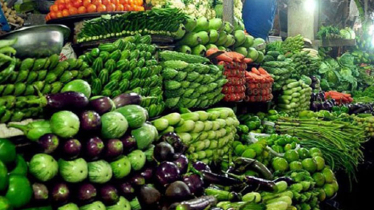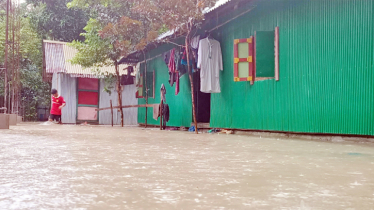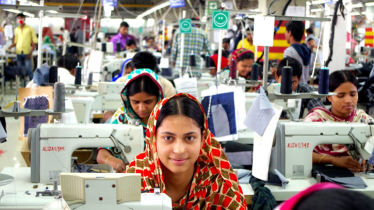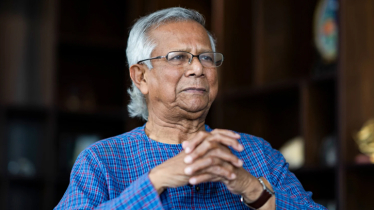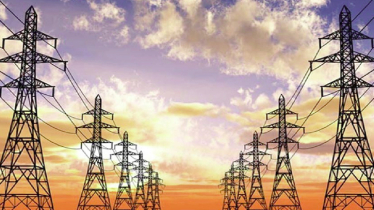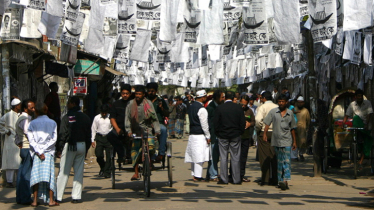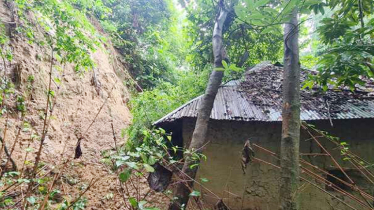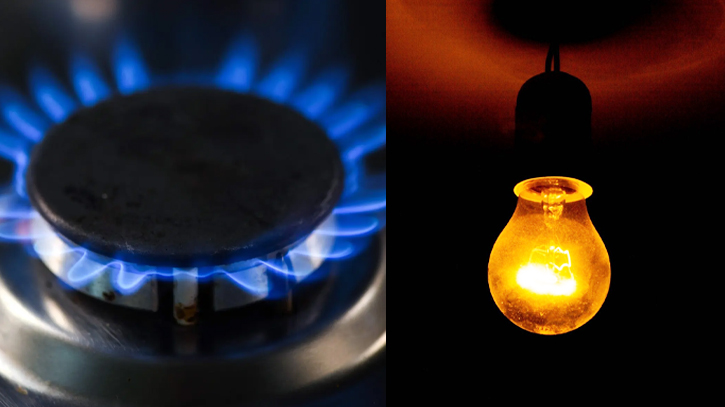
Photo : Collected
Days after the cabinet ministers took the oath of office, a news item got circulated stipulating that the new government would hike prices of utility services, including gas, electricity, water supply and others.
The consumer rights organisations and several other left-leaning political parties started protesting the price hike, arguing that it will not only affect low-income groups but also will impact the cost of manufacturing commodities and affect the transport sector.
The hike has multiple dimensions to change the lives and livelihoods of millions of people living on subsistence income. Their house rents and charges for electricity, water and cooking gas will be an additional burden for those residing in urban slums, low and middle-income brackets.
The government is poised to hike electricity and energy prices from the first week of March to reduce subsidy bills from the state coffer. The per unit cost of electricity will rise once again.
The Ministry of Power, Energy and Mineral Resources explained the increase of prices because the government has to bear a significant amount of subsidy to import fuel amid the higher cost of the US dollar as the Taka weakens.
The power and energy minister said nearly 1.40 crore electricity customers now pay Taka 4 per unit. The state minister lamented that despite the hike, the average generation cost of electricity is Taka 12 per unit.
The government will continue to provide subsidy costs from the public exchequer. The subsidy would cost around Taka 43,000 crore in the current fiscal year 2023–24.
The cost for import, refinery and distribution of petroleum, the total subsidy would be nearly Taka 6,500 crore.
Unfortunately, Bangladesh hasn't recovered from the economic shocks caused by the Coronavirus pandemic coupled with the Russia-Ukraine war.
The government announced to introduce an automatic fuel pricing mechanism in March to comply with one of the conditions of the $4.7 billion loans given by the International Monetary Fund (IMF).
The Washington-based multilateral lender suggests the adoption of the automatic pricing of fuel to curb subsidies enjoyed by people irrespective of their incomes and ensure targeted support for the poor.
The multilateral lateral lender’s rhetoric to lessen the subsidy burden and pave the way for enhanced social spending.
One wonders how adopting an automatic fuel pricing mechanism will benefit the poor through targeted support.
Experts identified two neglected less-priority areas: gas exploration and renewable energy.
The exploration was grossly neglected and the bureaucrats-turned-experts believed that no major discoveries were possible and that the shortfall could be met through the import of liquefied natural gas (LNG).
If Bangladesh had grid-connected solar power plants, it would have saved huge foreign currency and the country would have had greater energy security, which still remains an area to focus further on.
Messenger/Fameema

